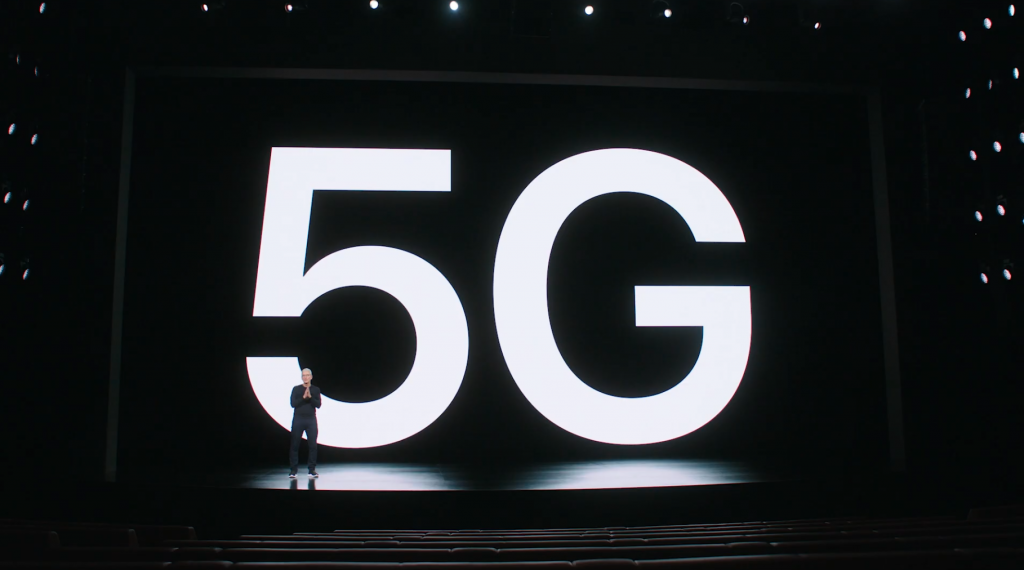Just when it seemed like South Africa would finally get new spectrum licenced for the first time in 15 years at a month-end auction, a legal spanner has brought it to a halt.
As I’ve tried to explain before, the issues are as clear as mud. Telkom, the third largest operator, complained that the auction rules would favour the two biggest players, Vodacom and MTN. So it sued ICASA last year.
MTN also sued the regulator earlier this year, concerned that the auction would deny it access to the crucial 3.5Ghz range – of which Telkom already has.
On Monday, Telkom convinced Pretoria high court judge Selby Baqwa to halt Icasa’s long-awaited auction set for March 25.
Interestingly, Telkom was joined by broadcaster e.tv in winning the interdict – for different concerns about the same spectrum.
Currently, the 700 and 800Mhz ranges are used by good old fashioned television signals – which people can still pick up with bunny ears. Those extremely useful bands are known as the “digital dividend” for their enormous value to the cellular industry and its ability to provide us all with lovely fast wireless broadband.
The global deadline for moving the older television technology off these frequencies – to another broadcast technology known as digital terrestrial television (DTT) – was June 2015. South Africa is a little behind.
Telkom is upset that Icasa will charge the successful bidder for these frequencies even if they are still being used by TV.
Broadcaster e.tv is equally worried, its lawyer told eNCA news, that it still uses these frequencies for its free-to-air channel e.tv. It doesn’t want signal interference.
(Disclosure: I host a TV show on eNCA called Tech Matters.)
Unfortunately for Icasa, as the courts found this week, that is a bridge too far for both the successful bidder and the broadcaster forced to use this redundant analogue broadcast technology.
This is all caused by our government being five years late on an important global deadline.
So why hasn’t South Africa moved our historic television signals off these golden bands of radio frequency, so that they can be used to speed up our mobile internet connections and potentially uplift all of our economic activity?
The short answer is its corruption’s fault.
The long answer is the ANC is so bereft of economic logic, and understanding how a modern economy operates, that is has failed in 26 years to take advantage of the internet and mobile boom.
The ruling party has consistently deployed the least-suited cadre to the role, from the ignorant Ivy Matsepe-Cassaburri (who criminally protected then monopolist Telkom’s interests over the rest of the country) to the incompetent and corrupt: Dina Pule was fired eventually, as were Faith Muthambi and Bheki Cele after Jacob Zuma had split the communications ministry into two to find jobs for pals who supported his state capture project.
Amazingly Muthambi remains a free person and chairs a parliamentary committee despite evidence at the Zondo commission revealing her treasonous leaking of Cabinet minutes to the Guptas in 2014.
Yes, Zuma’s benefactors wanted the contract for the required set-top boxes, which would be needed for older television sets to receive the DTT signal. During her time as minister, Muthambi went against ANC policy to get these devices made and stalled the whole process.
She broke the law – Outa laid treason and corruption charges in 2017 – and still serves not just as an MP, but chair of Parliament’s communication portfolio committee.
That’s why South Africa won’t have nice new fast 5G for our new 5G smartphone – not because two business interests took their grievances to court.
It’s because the ANC still thinks the future is in owning a mine. It can’t see how the world has changed. The new gold is now in software, mobile, ecommerce, big data, artificial intelligence, cloud computing, smartphone apps and the internet.
In the same way the ruling party and its vested interests can’t see that solar is the future because they are invested in coal mines, our country can’t move forward because it has neglected this critical sector. And it continues to dump politically-connected but incompetent ministers in what should be a prestige portfolio.
Is the current communications minister, Stella Ndabeni-Abrahams, up to the job of leading our country into the so-called Fourth Industrial Revolution, of which she is the co-chair of Ramaphosa’s presidential council on this?
Ndabeni-Abrahams – whose minor faux pas include not knowing Zurich is in Switzerland and having her WhatsApp account hacked – runs a department that truly, really, madly, deeply believes laptops and tablets should be reclassified as televisions so that the hopelessly bankrupt SABC can be bailed out by a direct tax on us instead of an indirect government bailout. The only good news is her department changed their mind about including smartphones in its newly fangled reality-defying definition.
No wonder we haven’t had a spectrum auction since 3G was rolled out 15 years ago.
